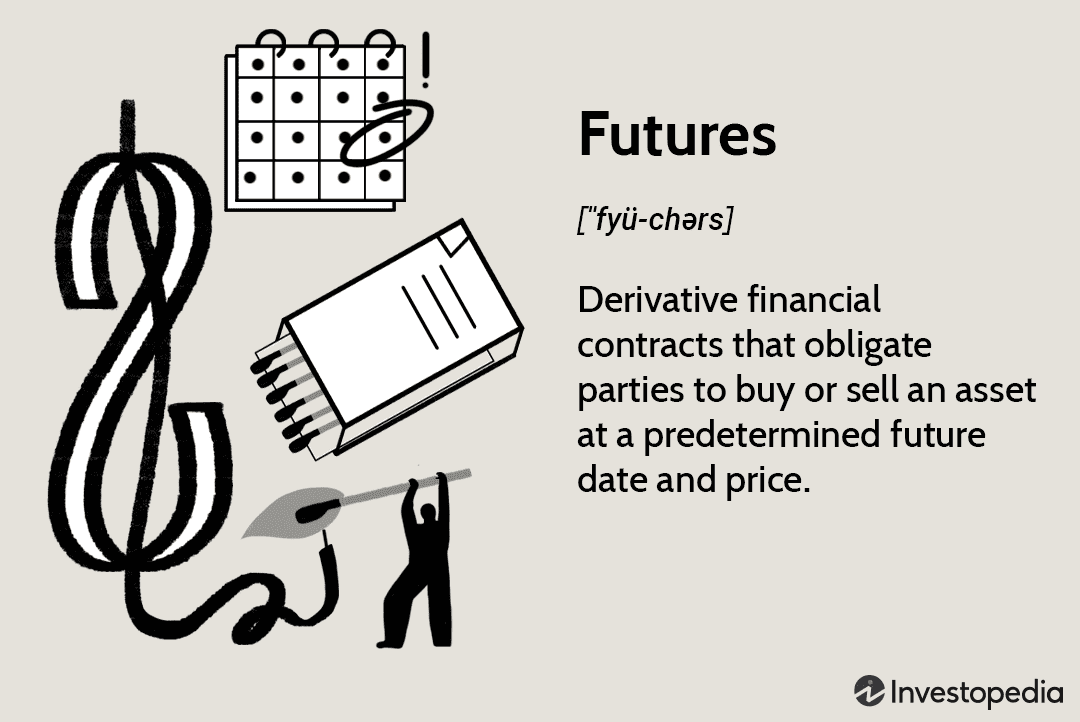
You can grow your wealth by investing in stocks. Before you begin investing in the stock exchange, it's important that you understand the basics. Stock market allows investors to trade stocks and is part of a worldwide network of exchanges. This allows people bet on the company's future.
There are two types of stocks. The stock - an ownership share in a company. The bond, a financial instrument, is the other type. These two types of securities are usually offered through a brokerage.
The stock market allows investors to trade stocks on a ring structure. Investors can trade stocks on various exchanges, such as the New York Stock Exchange or Nasdaq. Online options are also available, even if they are managed by licensed brokerage firms. You can also access the stock market via mobile apps.

Investors can purchase stocks at a low cost. Stocks can also be traded at different times during the day. Investors also have the option of acquiring stocks through a reverse merger, in which a public company merges with a private firm. This type merger is commonly used to help large private businesses go public without having their initial public offering.
Dividends are a form payment that companies make to investors. Dividends are calculated according to a company’s earnings. Dividends can generally add value to stock.
Private companies can also invest in stocks to raise funds for their businesses. These private firms can choose to raise capital from the stock markets, instead of borrowing from the bank or borrowing from relatives and friends. Bonds, which are very similar to stock, can also be used by companies to raise capital.
Investors may also be able to purchase shares of stock in a company through an initial public offer (IPO). This event is normally conducted by an investor bank. Stocks are generally considered the first stock wave when they are issued through an IPO. The IPO is the most efficient method to raise capital.

Investors should remember that they do not have to invest all of the capital at once. A growing company is more likely to have its share price increase, while a declining one is likely for its stock to drop. In any case, there are no guarantees when it comes to investing, so make sure you have the means to cover any losses if the business fails.
Stock market trading is more complex than it appears. There are many aspects to take into consideration, including which stocks are available, how they trade and who is involved. It is also important to consider how to determine the stock's value. Stock exchanges can either be auction houses or involve direct interaction between buyers and sellers.
FAQ
How do I invest my money in the stock markets?
Through brokers, you can purchase or sell securities. A broker sells or buys securities for clients. Brokerage commissions are charged when you trade securities.
Brokers usually charge higher fees than banks. Banks offer better rates than brokers because they don’t make any money from selling securities.
An account must be opened with a broker or bank if you plan to invest in stock.
If you use a broker, he will tell you how much it costs to buy or sell securities. This fee will be calculated based on the transaction size.
You should ask your broker about:
-
Minimum amount required to open a trading account
-
How much additional charges will apply if you close your account before the expiration date
-
what happens if you lose more than $5,000 in one day
-
how many days can you hold positions without paying taxes
-
whether you can borrow against your portfolio
-
How you can transfer funds from one account to another
-
How long it takes for transactions to be settled
-
the best way to buy or sell securities
-
How to Avoid fraud
-
how to get help if you need it
-
How you can stop trading at anytime
-
What trades must you report to the government
-
If you have to file reports with SEC
-
Whether you need to keep records of transactions
-
If you need to register with SEC
-
What is registration?
-
How does it impact me?
-
Who is required to be registered
-
When should I register?
How can I find a great investment company?
You want one that has competitive fees, good management, and a broad portfolio. The type of security in your account will determine the fees. Some companies don't charge fees to hold cash, while others charge a flat annual fee regardless of the amount that you deposit. Others charge a percentage of your total assets.
It is also important to find out their performance history. A company with a poor track record may not be suitable for your needs. You want to avoid companies with low net asset value (NAV) and those with very volatile NAVs.
Finally, you need to check their investment philosophy. In order to get higher returns, an investment company must be willing to take more risks. If they are unwilling to do so, then they may not be able to meet your expectations.
What is a mutual funds?
Mutual funds are pools or money that is invested in securities. Mutual funds provide diversification, so all types of investments can be represented in the pool. This helps to reduce risk.
Professional managers oversee the investment decisions of mutual funds. Some funds offer investors the ability to manage their own portfolios.
Most people choose mutual funds over individual stocks because they are easier to understand and less risky.
What is a Stock Exchange, and how does it work?
A stock exchange allows companies to sell shares of the company. This allows investors and others to buy shares in the company. The market determines the price of a share. It usually depends on the amount of money people are willing and able to pay for the company.
The stock exchange also helps companies raise money from investors. Companies can get money from investors to grow. They do this by buying shares in the company. Companies use their money to fund their projects and expand their business.
Many types of shares can be listed on a stock exchange. Some of these shares are called ordinary shares. These shares are the most widely traded. Ordinary shares can be traded on the open markets. Prices of shares are determined based on supply and demande.
Preferred shares and debt securities are other types of shares. Priority is given to preferred shares over other shares when dividends have been paid. A company issue bonds called debt securities, which must be repaid.
What is security on the stock market?
Security is an asset that produces income for its owner. Most common security type is shares in companies.
A company could issue bonds, preferred stocks or common stocks.
The earnings per shares (EPS) or dividends paid by a company affect the value of a stock.
When you buy a share, you own part of the business and have a claim on future profits. If the company pays a payout, you get money from them.
Your shares can be sold at any time.
Statistics
- Ratchet down that 10% if you don't yet have a healthy emergency fund and 10% to 15% of your income funneled into a retirement savings account. (nerdwallet.com)
- "If all of your money's in one stock, you could potentially lose 50% of it overnight," Moore says. (nerdwallet.com)
- Our focus on Main Street investors reflects the fact that American households own $38 trillion worth of equities, more than 59 percent of the U.S. equity market either directly or indirectly through mutual funds, retirement accounts, and other investments. (sec.gov)
- Individuals with very limited financial experience are either terrified by horror stories of average investors losing 50% of their portfolio value or are beguiled by "hot tips" that bear the promise of huge rewards but seldom pay off. (investopedia.com)
External Links
How To
How to Trade in Stock Market
Stock trading is a process of buying and selling stocks, bonds, commodities, currencies, derivatives, etc. Trading is French for traiteur. This means that one buys and sellers. Traders purchase and sell securities in order make money from the difference between what is paid and what they get. This type of investment is the oldest.
There are many different ways to invest on the stock market. There are three main types of investing: active, passive, and hybrid. Passive investors do nothing except watch their investments grow while actively traded investors try to pick winning companies and profit from them. Hybrid investors use a combination of these two approaches.
Passive investing is done through index funds that track broad indices like the S&P 500 or Dow Jones Industrial Average, etc. This method is popular as it offers diversification and minimizes risk. All you have to do is relax and let your investments take care of themselves.
Active investing means picking specific companies and analysing their performance. Active investors will look at things such as earnings growth, return on equity, debt ratios, P/E ratio, cash flow, book value, dividend payout, management team, share price history, etc. They then decide whether they will buy shares or not. They will purchase shares if they believe the company is undervalued and wait for the price to rise. They will wait for the price of the stock to fall if they believe the company has too much value.
Hybrid investing blends elements of both active and passive investing. One example is that you may want to select a fund which tracks many stocks, but you also want the option to choose from several companies. This would mean that you would split your portfolio between a passively managed and active fund.